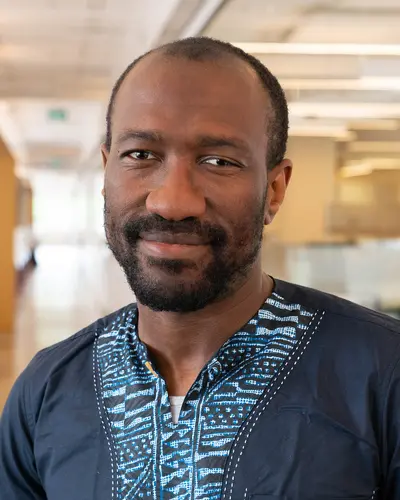The Concept
Project AIMS was initiated in 2020-2021 as part of a master's thesis by Adriana Bora, one of the 20 Rising Stars in AI Ethics and one of the Top 100 Romanians Living Abroad in the science category. A social scientist passionate about leveraging machine learning for social good, Adriana Bora began researching how AI could play a role in eliminating modern slavery.
In 2019, Adriana Bora and The Future Society partnered with Walk Free to launch phase 1 of the Project AIMS. Building on work already carried out by Walk Free, WikiRate, Business & Human Rights Resource Centre, the goal of the project was to create a methodology for analyzing statements produced by private companies under the UK Modern Slavery Act.
Using data science, machine learning techniques like natural language processing (NLP) and computational linguistics, the first phase of the Project AIMS looked for methods that would enable swift and comprehensive analysis of MSA reports. These methods could help users to obtain valuable information about slavery statements, which would be an essential step towards improving transparency within corporations and fostering continued progress in the global fight against this pressing challenge.
Facts and outcomes of phase 1
In Phase 1 of the research, the primary objective was to address challenges associated with the UK Modern Slavery Act. This phase involved determining which statements required analysis, collecting modern slavery statements, obtaining access to these documents, extracting their text, and identifying existing ground truth data. Initial data-driven experiments were conducted to mitigate limitations in the ground truth data. Additionally, a series of machine learning experiments were performed on the dataset.









